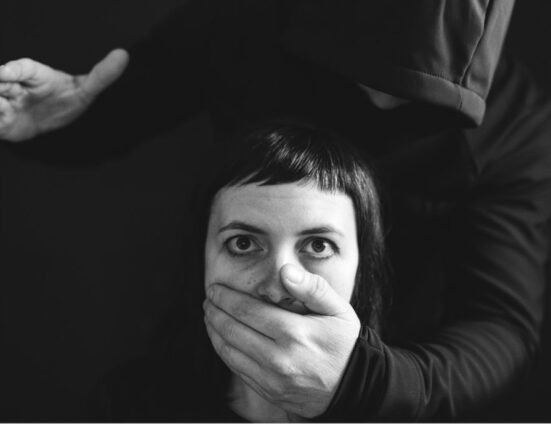“I JUST FEEL OUR RELATIONSHIP IS GETTING TOO OVERWHELMING FOR ME?”, I THINK I NEED TO BREAK UP, I HAVE HAD ENOUGH. “MY PARTNER HAS CHANGED A LOT, I DON’T FEEL CONNECTED ANYMORE?”
Does this sound familiar? Oftentimes, we hear such statements from people who are in romantic relationships. The unfamiliar territory of relationships is that of friendships where we rarely speak about different facets that contribute to growth as well as harm individually and relationally.
Friendships
The start of a friendship can be as early as during early childhood to different stages of our lives such as adulthood or even during stages of old age. Children form friendships as early as the preschool years (Gifford-Smith & Brownell, 2003). Research has also highlighted that emotional sharing with peers and friends can be seen in later developmental stages, for instance, feeling more comfortable sharing with friends rather than parents (Saarni, 1988).
School is a time of learning how to interact in social situations, finding peer groups that match our values, interests, those we admire to be like, and so on and so forth. As we grow older, we gradually become aware of the differences in our opinions, after learning about our own values, life goals, and tapering friendships. The prior research on friendships coming to an end focused on reasons for the dissolution of friendships such as the emergence of new friends, increasing dislike for friends, and situational factors like physical distance and interference due to romantic relationships.
While there is an internal process to choosing or losing friends at a particular stage, the distance in relationships may be due to circumstances, different life events, career goals, and so on. As noted in a recent study, the end of a friendship may be attributed to a decrease in the quality of interaction, such as a view that a friend is not investing in the relationship, a decrease in mutual affection, differences in the value of betrayal and so on (Vieth et al., 2022)
At this juncture, some questions of reflection include:
- What was the moment(s) where I felt that my ideologies, interests, or values clashed with a friend?
- What were some of the thoughts that crossed my mind then?
- What did I feel like doing at that point or later?
- Have there been any relationships in my life that have been easy to walk away from?
- Did I feel there were relationships that pushed me to walk away but I was unable to?
- What stopped me from walking away?
Individuals and collectives need to answer these crucial questions. Oftentimes we may feel pressured to maintain relationships or may be able to naturally walk away from friendships. For instance, a childhood friend who moves to another country may face some challenges due to lack of physical proximity, changes in life goals, and so on.
However, there may be some friendships that force us to be in that dynamic, for instance, a roommate, or a childhood friend with whom there may be a common source of interaction such as shared leisure activity, coursework, and so on. The question arises, “What does one do in such situations?” The answer isn’t simplistic or straightforward.
When individuals feel disconnected or need time off from someone, they need to introspect. Expressing one’s feelings and thoughts may be one of the most crucial steps to allow a space to decide the status of the friendship, providing the friend with an opportunity to understand and make amendments, among other reasons. At a societal level, this necessitates the openness to understand how and why a person may feel this way and to normalize such conversations.
Read More Related Articles
- How to help a friend in a mental health crisis
- How can you identify Red and Green flags in a friendship?












Leave feedback about this